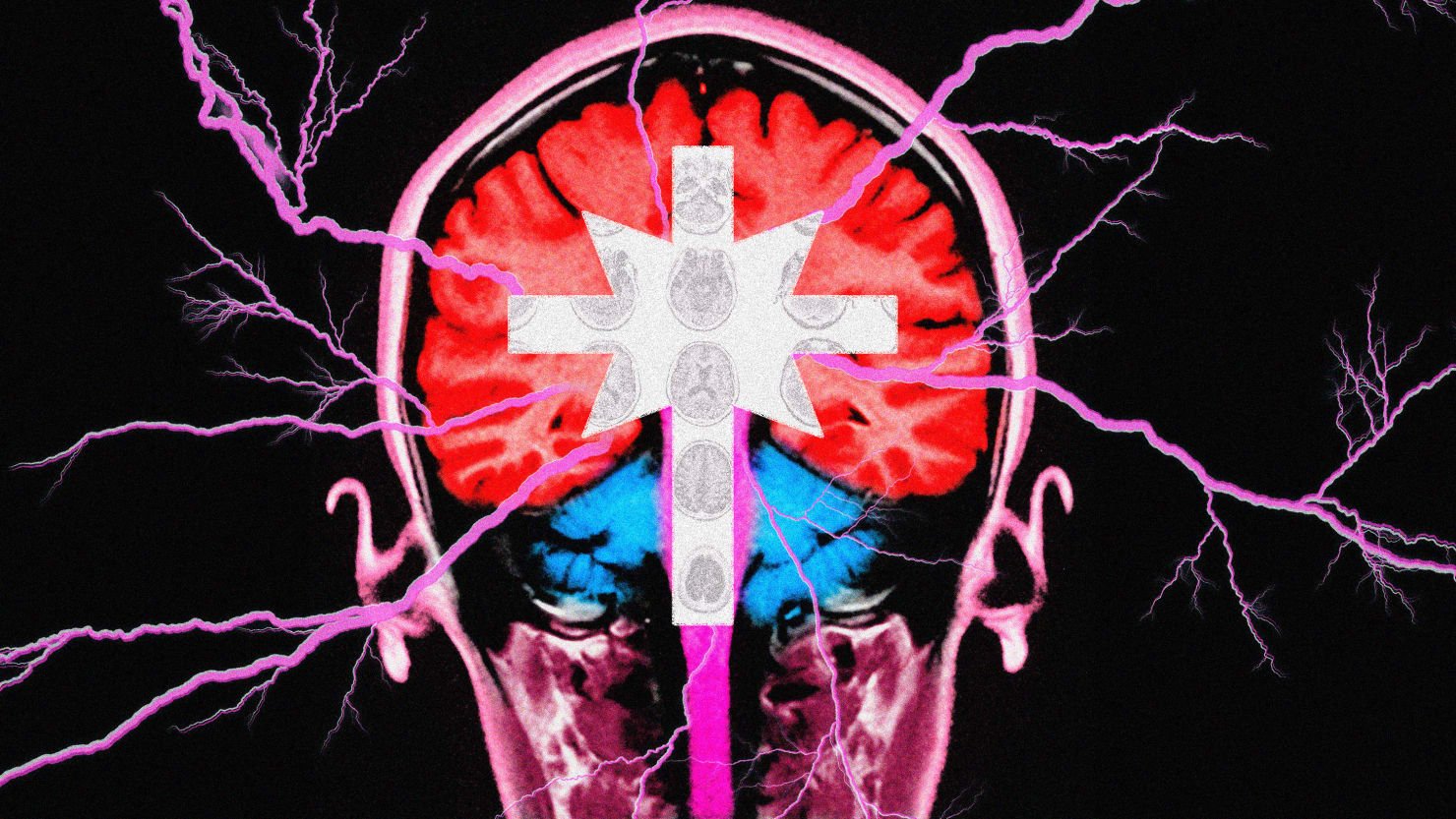By systematically targeting electroconvulsive therapy as part of its war on psychiatry, experts say Scientology could decimate a treatment that is “saving so many lives.”
…
The Atlantic’s 2001 article explained that ECT [Electroconvulsive therapy] had emerged from a terrifying past to become a safe and effective treatment for some of the worst effects of serious mental illnesses. But Scientology, through its campaigns and by pushing legislation, was promoting outdated myths about the procedure for a public that knew little about it.
Miscavige’s November 3 speech illustrated that Scientology is still pushing this agenda more than 20 years later—but with one big difference.
While Scientology has continued to campaign against ECT on various fronts, it has pursued a little known but very effective strategy against ECT’s most vulnerable spot: Namely, the two small companies that manufacture the devices that physicians use during the procedure.
For decades, Scientology has quietly waged a litigation war against those two companies, SigmaStim and Somatics, and it has both nearly on the ropes.
Scientology knows that if the two companies go out of business, federal regulations mandate that doctors will no longer be able to use their devices, and ECT will become unavailable in this country and around the world.
Those medical providers say that ECT is a safe procedure that is saving lives every day, and they are extremely concerned that it is nearly on the brink of disappearing—and only because of the relentless attacks of Scientology on the device manufacturers, a war that has flown completely under the radar until now.



100%. I am self-aware here. I’m not a professional, I just was in frequent contact with her during that part of her life. She was in one of those independent living places after my grandfather died, but still had her wits. This wasn’t end of life care. We could carry on long conversations about all kinds of things, past and present. If you’re implying it was dementia or Alzheimer’s, she never was diagnosed with either and lived another 15 years or so.
I know, anecdotes aren’t data. I trust the medical profession as a whole. But there have been a lot of reproducibility issues with studies that have come out, particularly in the area of mental health. And between that and my experience I’m okay with taking another look at the data. But if researchers and clinicians are satisfied, I won’t gainsay that.